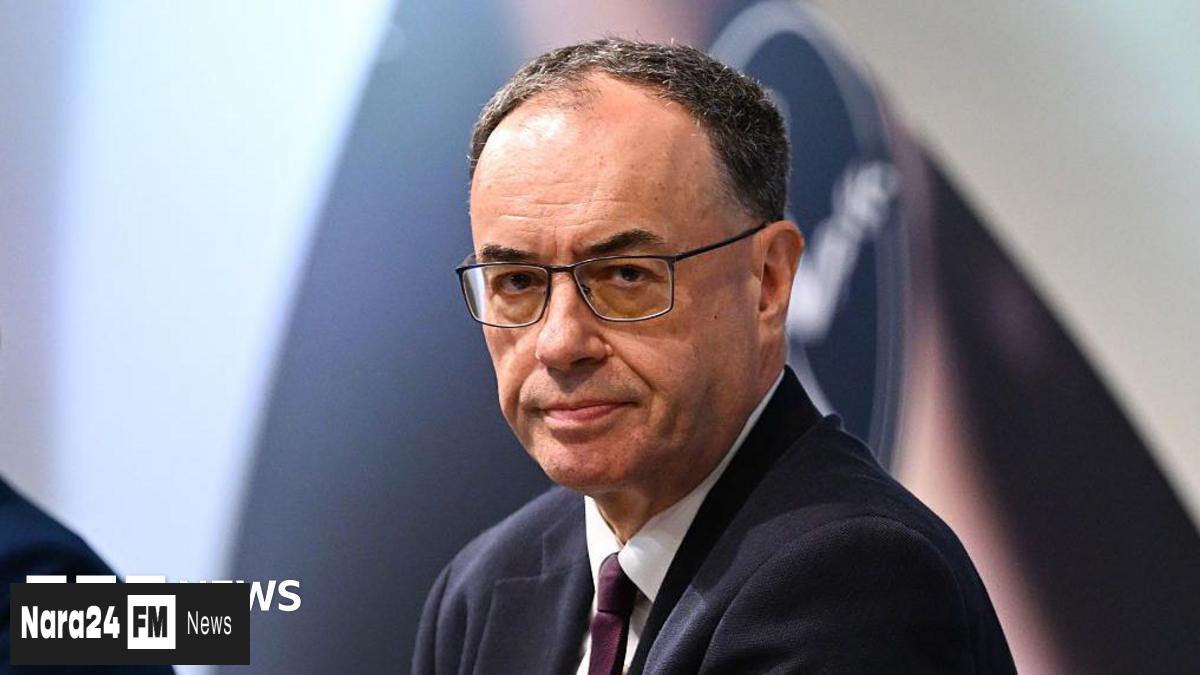In This Article
- Proposed Windfall Tax on Banking Profits
- Institute for Public Policy Research (IPPR) Argument
- Market Reaction and Share Price Drops
- UK Finance Concerns on International Competitiveness
- Chancellor Rachel Reeves' Budget Challenges
Key Takeaways
- UK bank shares fell sharply after a proposed windfall tax on profits, with NatWest, Lloyds, and Barclays dropping 4%, 3%, and 2% respectively.
- The IPPR proposed a £8bn annual tax on banking profits to offset taxpayer losses from quantitative easing, which it claims costs £22bn yearly.
- The IPPR argues quantitative easing acted as a government subsidy to banks, funneling public money into commercial banks due to flawed policy design.
- UK Finance opposes the tax, warning it would harm Britain's competitiveness as banks already face a corporation tax surcharge and bank levy.
- Chancellor Rachel Reeves faces pressure to balance revenue generation with supporting the financial sector amid upcoming budget decisions.
The UK banking sector has faced a substantial blow as share prices tumbled on Friday, following the proposal of a new windfall tax on banking profits. The Institute for Public Policy Research (IPPR), a left-leaning think tank, suggests that the government could raise up to £8bn a year by imposing a levy on the sector's profits.
The IPPR argues that a tax on banking profits is necessary to offset the significant losses incurred by taxpayers due to the Bank of England's quantitative easing (QE) program. The program, initiated after the financial crisis, involves the Bank of England buying bonds from commercial banks, effectively providing them with a subsidy. However, the IPPR claims that the program has resulted in huge losses for taxpayers, estimated to be around £22bn annually.
The proposed tax would target the windfall profits linked to QE, which the IPPR believes would still leave banks with substantially higher profits. The think tank's associate director for economic policy, Carsten Jung, described the current situation as "a government subsidy to commercial banks," stating that "public money is flowing straight into commercial banks' coffers because of a flawed policy design."
The suggestion has sparked concerns among traders and investors, with major UK banks experiencing significant losses on the stock market. By the end of the day, NatWest's share price had dropped by over 4%, Lloyds by over 3%, and Barclays by more than 2%. The Treasury has stated that it does not comment on speculation over tax policy decisions but emphasized its commitment to supporting the financial services sector.
Financial services body UK Finance has expressed concerns that a further tax on banks would make Britain less internationally competitive, as banks already pay a corporation tax surcharge and a bank levy. The trade association argues that a new tax would "run counter to the government's aim of supporting the financial services sector."
The proposed windfall tax comes as Chancellor Rachel Reeves faces the challenge of meeting her self-imposed rules on taxation and spending when setting out her Budget strategy for the next five years. The Chancellor has worked to woo the City, announcing her "Leeds Reforms" aimed at boosting investment, but is under pressure to find more sources of revenue in the run-up to her budget.







Comments (0)
Leave a Comment
Be the first to comment on this article!